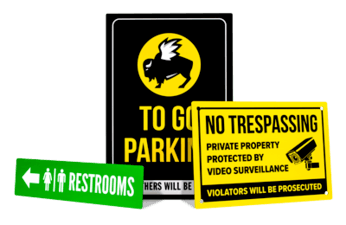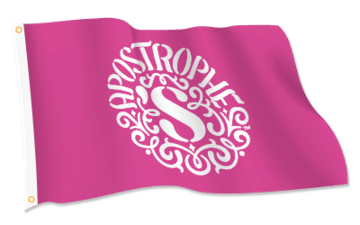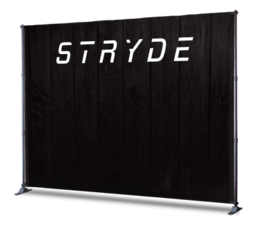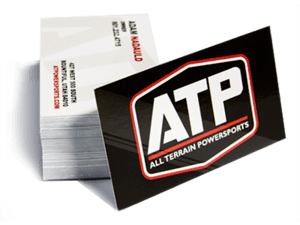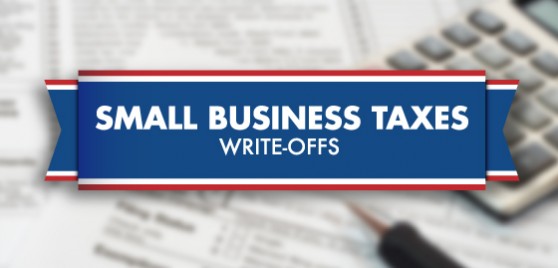
There are numerous tax-related terms and rules that a small business owner needs to know, whether they’re doing their own taxes or hiring out. Knowing what a write-off or tax deduction is and knowing what items a business can and can’t write off are important things on that list to remember.
What is a Tax Write-Off or Tax Deduction?
A tax write-off or tax deduction is a legitimate expense that one can deduct from their taxable income on their tax return. The IRS says that an expense must be ordinary and necessary in order to be deducted. It’s good to know what you can and can’t write off because it ultimately saves you money. These write-offs can add up to a substantial reduction in the sum of taxes you may have to pay the IRS. If you don’t know what these are and don’t take every write-off that your business is entitled to, then you’ll end up overpaying on your taxes.
As with anything government related you want to be extremely careful when making your decisions. Tax write-offs are great, but there are laws and penalties surrounding them to watch out for. Tax write-offs are not simply a catch all category to stuff “expenses” into to get out of paying taxes. A small business could commit tax evasion in multiple ways, such as improperly claiming tax deductions by taking unauthorized tax deductions for personal expenses on your business tax return or falsely claiming charitable deductions. This is seen as cheating on your taxes, which is a felony. If found guilty, you could face up to five years in prison and have to pay up to $250,000 in fines, as well as paying the correct amount of taxes owed and your legal fees.
Below is a list of common small business write offs and things that aren’t actually considered a write-off for SMBs. Use this as a jumping off point to find out the exact rules of what you can and can’t write off for your small business.
What SMBs Can Write Off:
-
Accounting services
-
Advertising and promotion
-
Auto and truck expenses
-
Bank service charges
-
Business gifts
-
Business-related training sessions and seminars
-
Casualty and theft losses
-
Certain bad debts
-
Certain charitable contributions
-
Child labor
-
Consulting fees
-
Contract labor
-
Educational expenses
-
Equipment rent or lease
-
Freight and delivery charges
-
Guard dog (If the dog is on site protecting your inventory, the costs to keep and maintain it can be deducted.)
-
Health care costs
-
Home office deductions
-
Hiring a lawyer for a criminal issue related to your business
-
Incidentals on a business trip
-
Installing an athletic facility (as long as the employer runs it, it’s on the business’ premises and is mostly used by employees)
-
Insurance expenses — building, equipment, liability, workman’s compensation, E&O Insurance
-
Interest expenses
-
Internet
-
Janitorial
-
Licenses and regulatory fees
-
Marketing expenses
-
Meals and entertainment (as long as it’s directly related to the conduct of your business)
-
Moving expenses (if you had to move because of your job)
-
Music, stereo equipment (if you play soft background music to help employees be productive and/or to make a creative, comfortable work environment)
-
Office supplies
-
Outplacement services for your employees
-
Payroll processing
-
Penalties and fines paid for late performance or nonperformance of contracts
-
Permits and fees
-
Postage
-
Professional fees
-
Recruiting expenses
-
Rent expenses
-
Repairs and maintenance
-
Retirement contributions and plans
-
Salaries and wages
-
Smartphones and tablets
-
Social Security
-
Software expenses
-
Subscriptions
-
Taxes — payroll; local, city and country property taxes; foreign taxes paid
-
Telephone charges
-
Travel expenses (related to the conduct and operation of your business)
-
Uniforms
-
Utilities
-
Waste removal/trash
What SMBs Can’t Write Off:
-
A small business loan (But what you purchase with the loan can be written off.)
-
Business attire that can double as street or evening attire
-
Charitable contributions of your time
-
Dues you pay to be a member of something, even if your membership is for business
-
Federal income tax payments
-
Life and disability insurance premiums paid for yourself if you’re a sole proprietorship, partnership or S Corporation
-
Lobbying expenses
-
Penalties and fines you pay when breaking the law
-
Political contributions
-
Professional accreditation fees
-
The salary you pay yourself as a sole proprietor
As a small business owner, something you need to think about besides what you can and can’t deduct is the chance of being audited by the IRS. When filing an individual income tax return, there’s only about a 1 percent chance of being audited. But as a business your chances increase, and your chances of being audited increase even more as your business generates more income.
There are a few things that can prompt the IRS to further investigate and audit your business: accounting irregularities, failure to report all of your income, inadequate record keeping and improper claims for deductions. If for some chance you find your business being audited, don’t stress. Just make sure you’ve maintained good record keeping, and remember to be completely honest and cooperative with the IRS agent. A perk of being audited is that if you come across any deductions you forgot to take, you can take them during your audit.
The bottom line is that just like when you file an individual tax return the utmost care should be taken in claiming only the deductions you can legitimately claim for your small business. While no one likes to pay taxes they are one of the constants of life and it’s much easier to do them correctly the first time then stress over them later. If you’re not sure about which deductions you can take as a small business do plenty of research, reach out to certified accountants you may know or consider hiring someone to do your taxes to eliminate the risk of doing them incorrectly.
*We’re signage and not tax experts. Thus, this was written solely to provide helpful information and a starting point for small business owners. We won’t be held liable for any person or business’ actions taken after reading this information. If you’re unsure of how to proceed we recommended contacting a tax professional before filing your taxes.



